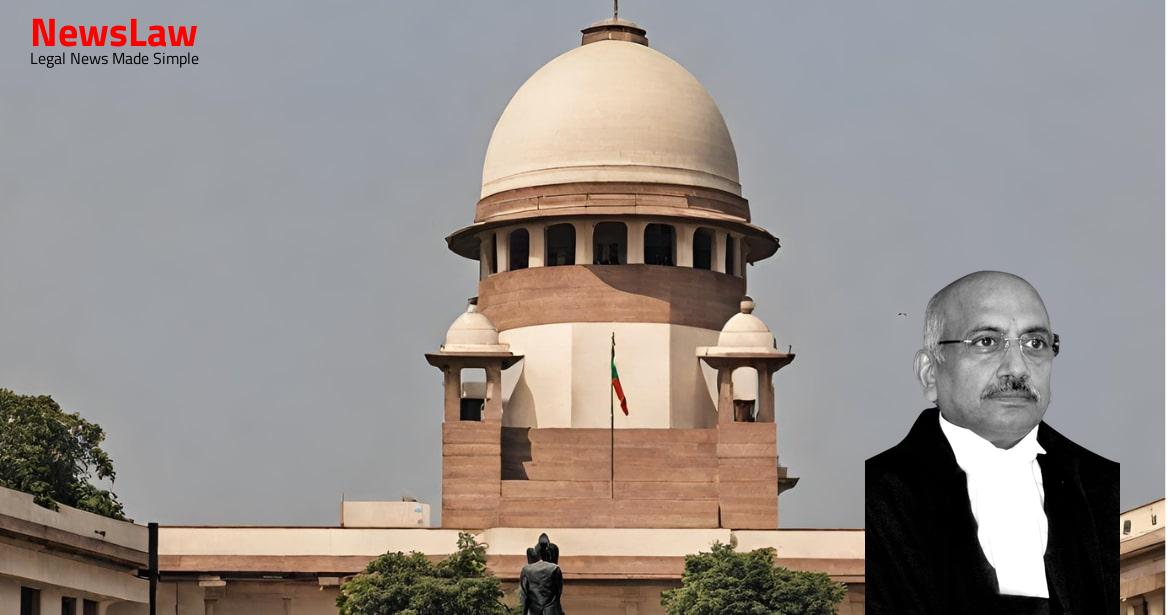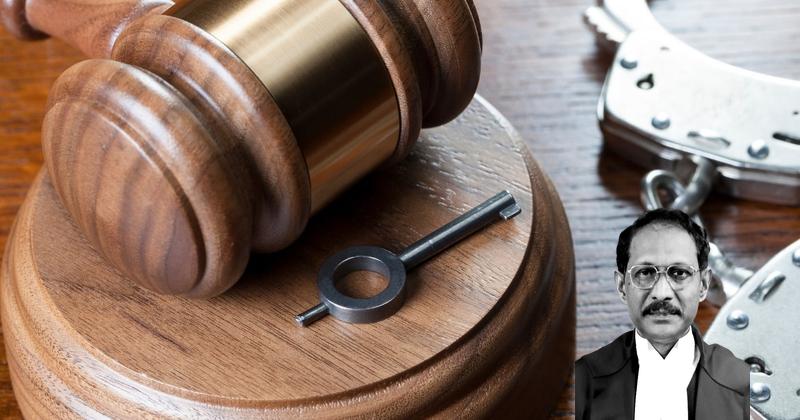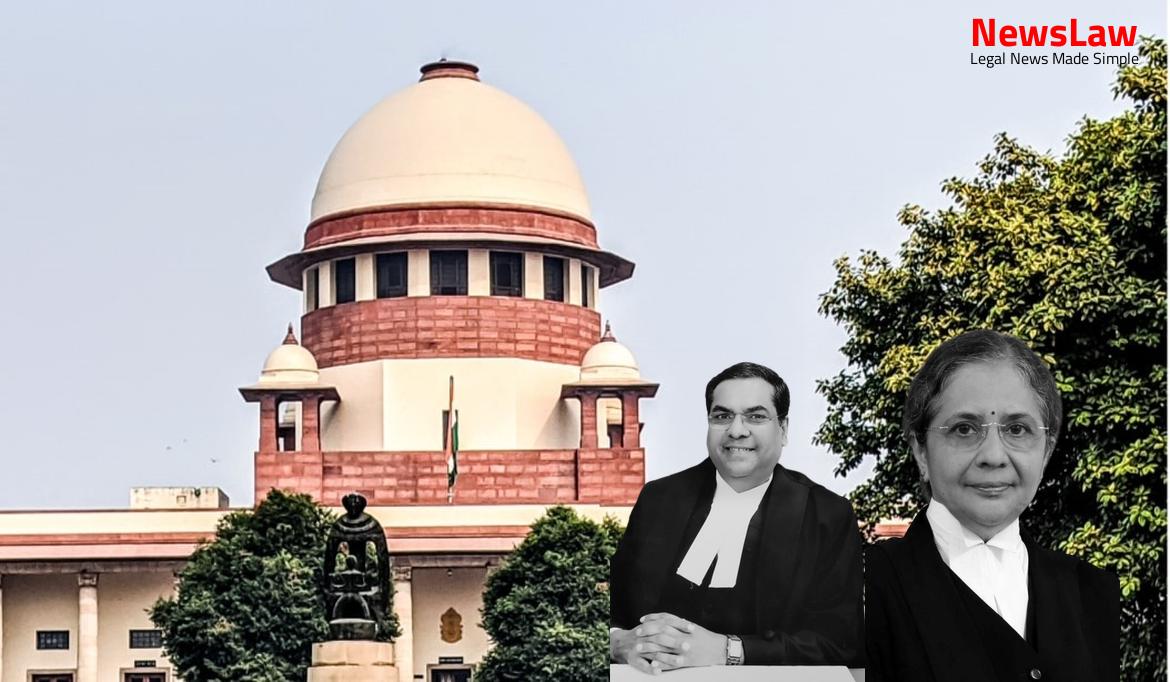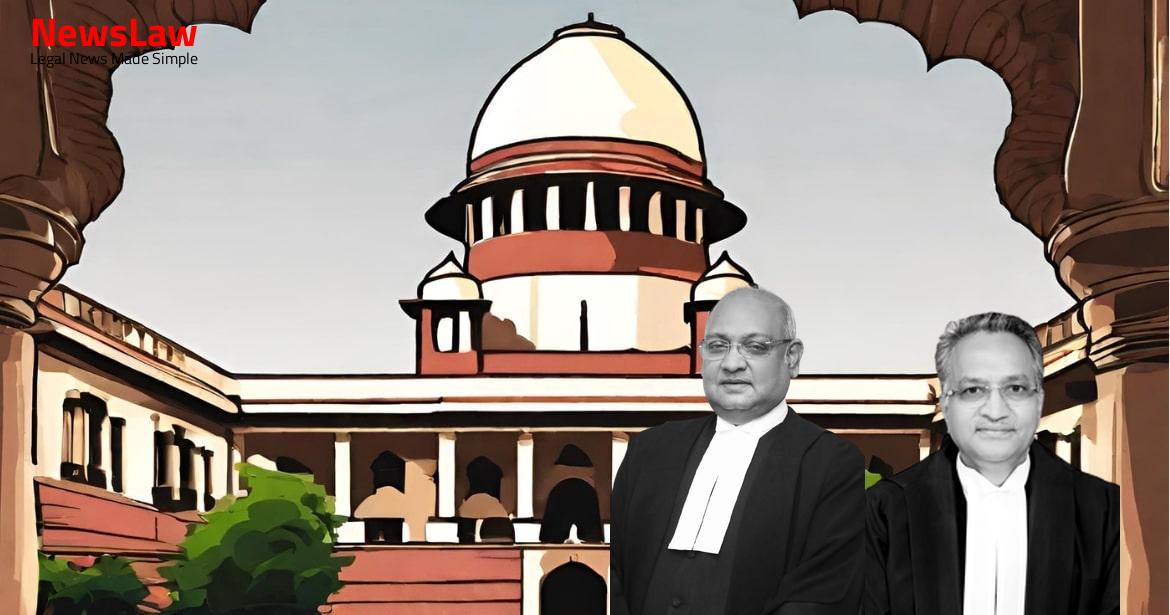Delve into a comprehensive legal analysis of the treatment of religious practices within educational institutions. The court’s judgment examines the fine balance between fundamental rights, such as freedom of religion and right to privacy, within the framework of state directives on uniform attire. The focus is on broader themes of secularism, equality, and educational regulations, shedding light on the complexities of upholding constitutional values in a diverse society.
Issue
- The present matter examines whether a religious practice can be regulated by the State in a secular institution.
- The focus is on determining if a particular practice qualifies as an integral and essential part of religion.
- The Court is not dealing with the extent to which they can inquire into the religious significance of a practice.
Arguments
- The argument raised by the appellants is based on the Preamble of the Government Order dated 5.2.2022, which states that the prohibition of a headscarf is not violative of Article 25 of the Constitution.
- The appellants contend that the College Development Committee, a non-statutory authority, cannot exercise the powers of the State Government under Part III of the Constitution.
- It is argued that the wearing of a hijab is an essential religious practice and the State’s actions are discriminatory based on religion and sex.
- The State’s intervention through the Government Order is seen as a violation of the rights enshrined in the Constitution and the constitutional goal of fraternity.
- The appellants argue that the notification violates the mandate of Section 143 of the Act by delegating essential state functions to a non-statutory authority.
- There is also discussion on the rights of students to dress, free speech, expression, and privacy, as well as the protection of cultural identity under Article 29(1).
- The debate also touches upon the concept of fraternity and the significance of religious symbols in a secular educational environment.
- There are references to various court judgments and arguments regarding the interpretation of the Constitution and the protection of fundamental rights.
- On 29.3.2013, the College Development Committee, Udupi, prescribed the uniform for girl students.
- The uniform has been followed by the girl students since then.
- On 31.1.2014, a circular was issued by the Government regarding the formation of a College Development Committee.
- The Committee included local MLA, parent representatives, student representatives, teachers, and the Principal of the Pre-University College.
- Mr. Tushar Mehta, the learned Solicitor General for the State, rebutted the arguments raised by the appellants.
- He provided the background for the issuance of the Government Order dated 5.2.2022.
Analysis
- The judgment analyzes various legal arguments related to the implementation of a Government Order concerning the wearing of headscarves in schools and colleges in the state of Karnataka.
- It delves into the interpretation of fundamental rights such as the freedom of religion under Article 25 and the right to privacy under Article 21 in relation to the state’s directive on uniform attire for students.
- The court considers the scope and limitations of essential religious practices protected under Article 25 of the Constitution, and how these practices intersect with the educational environment.
- It discusses the balance between religious freedom and the State’s interest in maintaining secularism and uniformity in educational institutions.
- There is an examination of different legal frameworks and provisions, including the Karnataka Education Act of 1983, to determine the legality and constitutionality of the Government Order.
- The judgment also reviews precedents and case law related to religious practices and freedom of expression to provide a comprehensive analysis of the issues at hand.
- It reflects on the broader themes of fraternity, dignity, and equality enshrined in the Constitution while considering the specific circumstances of the case.
- The analysis highlights the importance of respecting diversity within a pluralistic society while upholding the constitutional values of secularism and equal treatment for all citizens.
- When an educational institution wants to change the uniform, a notice must be issued to parents at least one year in advance.
- Purchase of uniform clothing and text books can be from the school or a suggested shop, tailoring is optional.
- The rights in Part III of the Constitution can be regulated by statutes and laws defined under Article 13(2) & (3).
- Freedom of expression under Article 19(1)(a) and the right of privacy under Article 21 are not mutually exclusive.
- Citizens have the right to express themselves through clothing and cultural traditions.
- Delegation of powers under Section 143 of the Act is permitted.
- The act includes definitions such as ‘child’ and ‘law’ to establish the scope.
- The Act promotes education, development, and equality.
- The State should respect the rights of children to freedom of thought, conscience, and religion.
- The Government is empowered to issue directions to educational institutions for the Act’s purposes.
- The Government Order is not against the ethic of secularism or the objective of the Karnataka Education Act, 1983.
- Secularism applies to all citizens, therefore allowing one religious community to wear their religious symbols would go against secularism.
Decision
- All appeals and writ petitions are dismissed
- Dismissal based on different grounds than the High Court’s decision
Case Title: AISHAT SHIFA Vs. THE STATE OF KARNATAKA (2022 INSC 1085)
Case Number: C.A. No.-007095-007095 / 2022



